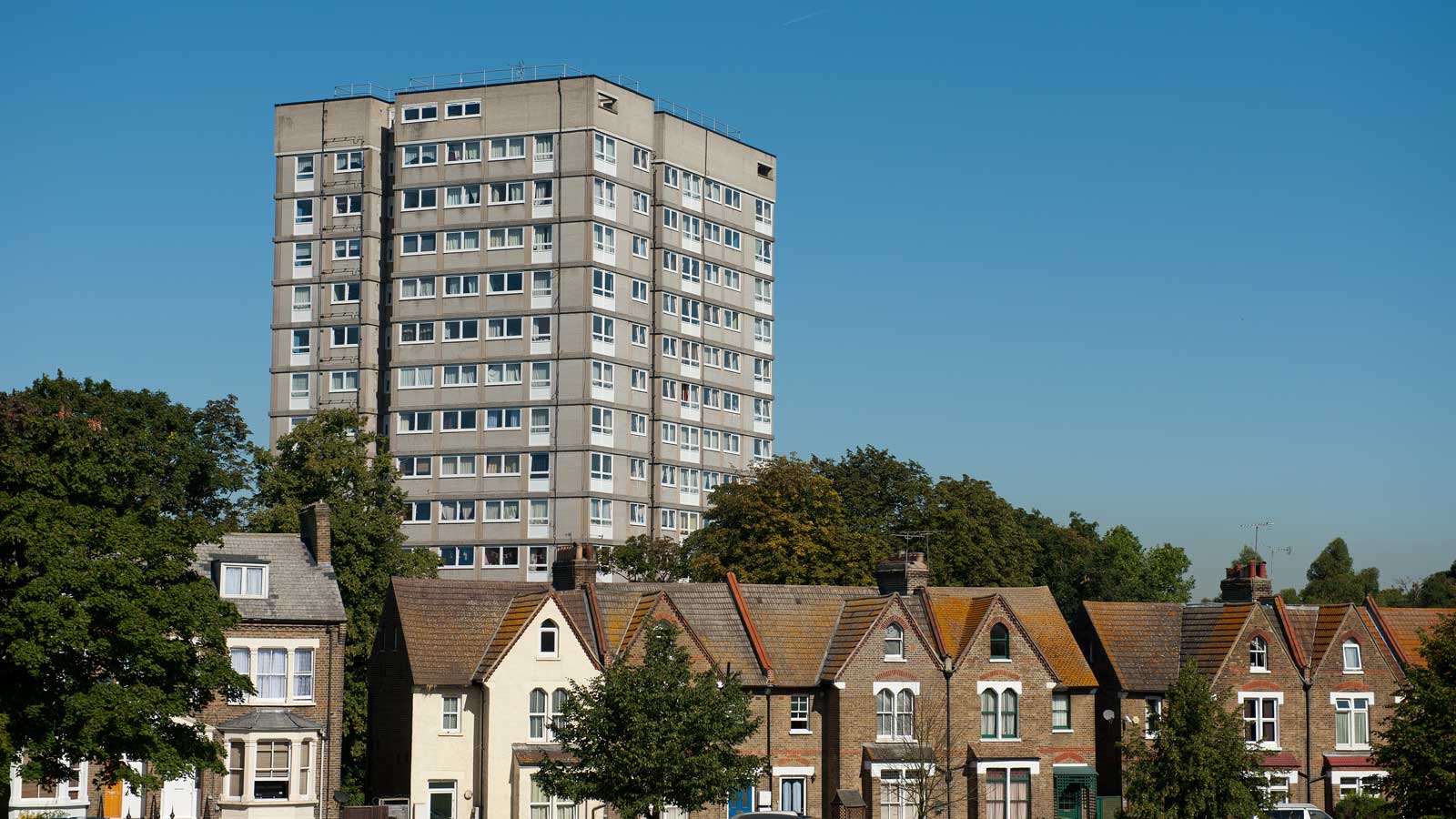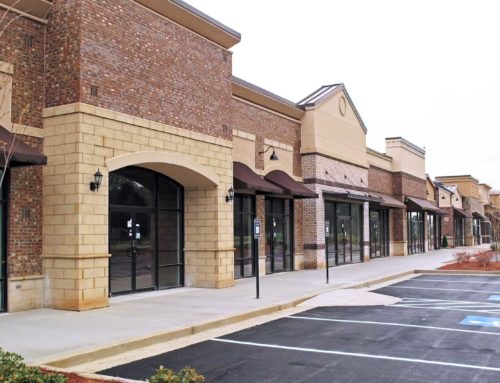On January 9th, New York state’s highest court, the Court of Appeals, heard arguments on a case filed by Tax Equity Now New York (“TENNY”). TENNY consists of a mixed group of homeowners/renters, business and trade associations, developers, academics and public interest groups seeking to change New York City’s tax assessment system.
TENNY’s most recent legal proceeding seeks reversal of the dismissal, by the Appellate Division, of its complaint on an interlocutory appeal filed by the City. This appeal followed a lower court’s dismissal of TENNY’s lawsuit against the State, while keeping the claims alive against New York City.
While the argument at the Court of Appeals focused primarily on whether TENNY should be allowed to continue its lawsuit, the substance of the case involves suggested changes to portions of the City’s system of real property taxation.
First, TENNY argues that the 6% cap on assessment increases which benefit one-to-three family houses results in both non-uniform assessments within the one-to-three family tax class, as well as in other tax classes involving other types of housing, particularly larger rental buildings. This, TENNY submits, is a violation of State law and the State and Federal Constitutions, as it results in properties within the same class being assessed at non-uniform percentages of value. A one-to-three family that appreciates more than the 6% is effectively taxed at a lower percentage of value than a similar property appreciating at 6% or less. The argument follows that the greater the appreciation in value, the greater the inequality of the assessment. TENNY also argues that this shifts the tax burden from one-to-three family houses onto larger rental buildings.
TENNY also takes issue with the City’s application of state law requiring condominium and cooperative buildings be valued as if rental buildings. TENNY argues that the City does not value condos and co-ops on the income they would generate if those particular condo or co-op units are rented, but rather looks at the income that similarly aged, rent-regulated apartments would generate. This, TENNY says, artificially deflates the value of condominium and cooperative buildings’ assessment and tax bills, while concomitantly raising the tax burdens of rental buildings, which generate lower rent and generally have less wealthy residents.
A change in the City’s tax system will likely result in a general shifting of tax burdens. Only time will tell if TENNY is successful in its quest, and if so, how that will affect New York City property owners, tenants and developers. It is unlikely that the City will cut costs, thus, lowering the tax burden on one property class will very likely result in the raising of other property classes’ tax burdens. We will continue to monitor this litigation. We suggest New York City property owners review their assessment notices and tax bills carefully. Reach out to a real property tax assessment attorney to determine if your assessment is too high.






